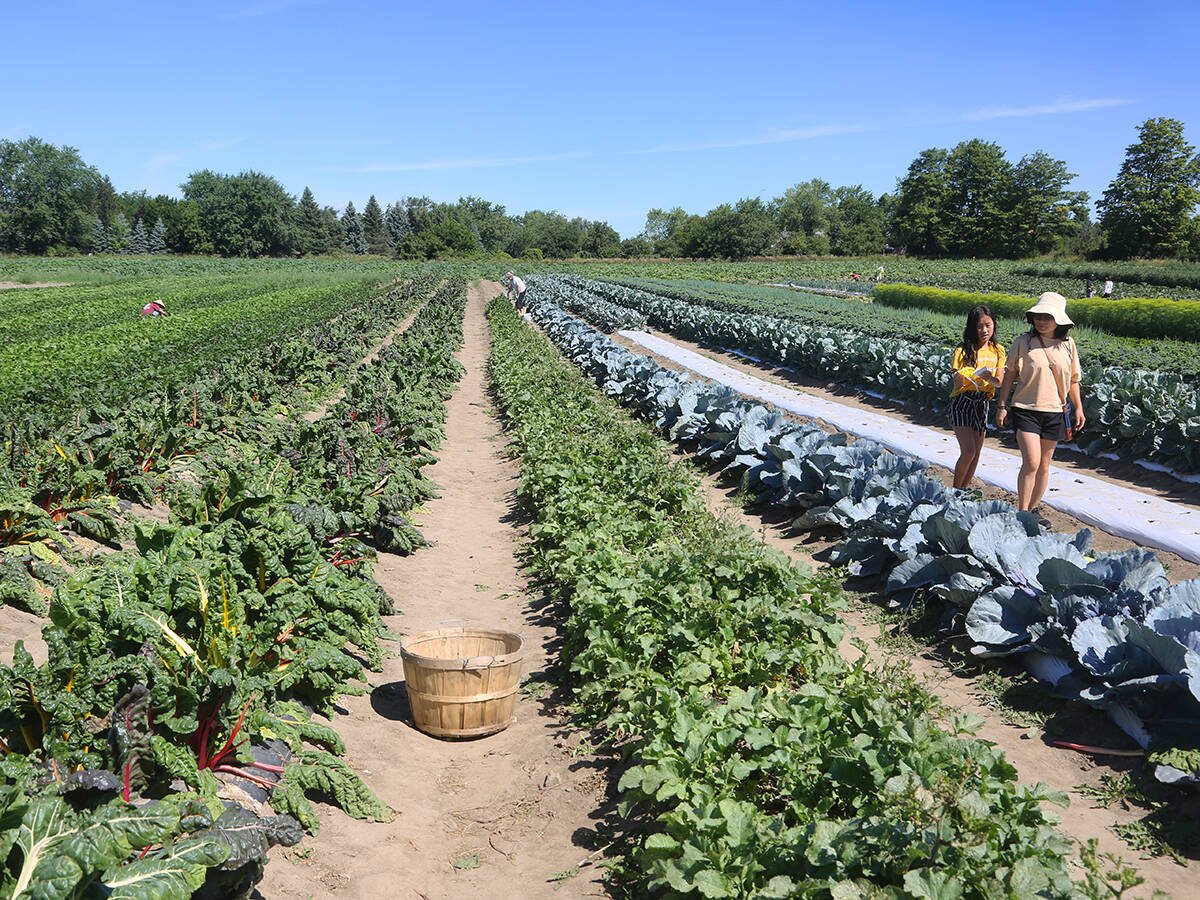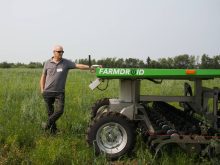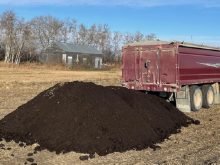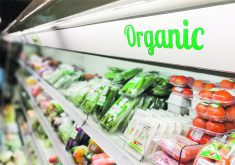SASKATOON — Consumption of organic goods was up in Canada in 2024, but the number of operators producing those goods was down.
Canadians spent $9.75 billion on organic products last year, an 8.2 per cent increase over the previous year, according to the Canada Organic Trade Association (COTA).
That total includes $7.77 billion spent on food and beverages.
Read Also

New program aims to support plant-based exports to Asia
Understanding the preferences of consumers in Taiwan and how they differ from Indonesia or Malaysia isn’t easy for a small company in Saskatchewan.
“The consumption continues to grow, but we did see some declines in regard to overall operators,” said COTA executive director Tia Loftsgard.
This year’s report is a quick fact sheet. A far more in-depth report will be released in 2026. The industry cannot afford to do in-depth reports every year.
COTA is still sorting out how many farmers, processors and other operators exited the business in 2024, but Loftsgard thinks it was more than 100 farmers.
“In all these years of growth, growth, growth, we haven’t seen a decline,” she said.
“That’s why we’re certainly taking note of that and we’re pushing for more energy and time to be spent on educating about organic, doing extension work and looking at programs to make sure that the risk that’s involved in transitioning for the first three years is reduced.”
Loftsgard said Canada is seeing a lot of organic imports from the United States, Mexico and Europe, which is fine, but COTA wants to ensure Canadian operators can also sell into the hot Canadian market.
“That sentiment of ‘Buy Canada’ is strong right now, and we should make sure that we’re positioned as an organic sector to respond to that,” she said.
Imports totalled $1 billion for the 64 product categories tracked by the federal government, a 15 per cent increase since 2023, but that is not a comprehensive list.
Loftsgard said there are not enough Canadian organic farmers entering the business, which is forcing some of those who are exiting to sell to conventional operations.
“We’re simply just seeing more and more farmers transitioning away, and there’s not the farmers to replace them,” she said.
The problem is that the three-year transition period, where new farmers are employing organic practices but not yet getting the price premiums, is too daunting for some growers.
The organic sector wants more help from the federal government on reducing that barrier to entry.
It would also like Ottawa to improve its data tracking service for organics. Right now, it is just a subset of conventional import/export numbers.
“Our numbers are within theirs and what we want is just to break out what is the organic amount so we can properly understand the opportunities and the risks,” said Loftsgard.
She is currently having to look at import/export data from the United States to figure out Canadian export numbers.
“For us to have to rely on our trade partners to get critical data for us to monitor trade does not feel like a very well positioned place to be,” she said.
Loftsgard said there have been past and present commitments from Canada’s agriculture ministers to address the data shortcoming, but so far it has been all talk, no action.


















